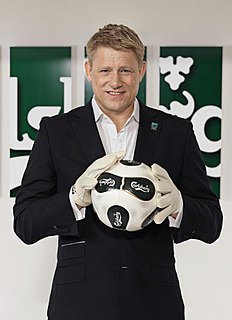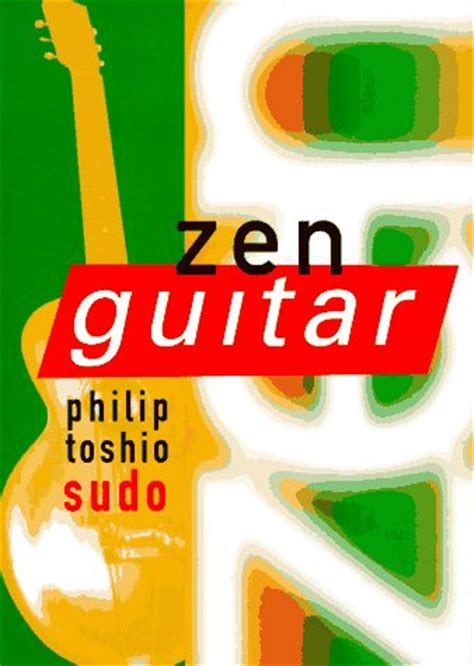A Quote by Nicolas Winding Refn
How can creativity be bad? You can have, "I liked it" or "I didn't like it," but, in the end, it's an individual experience. How can you even begin to define that? I find that sometimes extremely arrogant and counter-productive.
Quote Topics
Related Quotes
We've always had this experience that things take long, but I'm 100% convinced that our principles will in the end prevail. No one knew how the Cold War would end at the time, but it did end. This is within our living experience... I'm surprised at how fainthearted we sometimes are and how quickly we lose courage.
It's like in the great stories, Mr. Frodo. The ones that really mattered. Full of darkness and danger, they were. And sometimes you didn't want to know the end. Because how could the end be happy? How could the world go back to the way it was when so much bad had happened? But in the end, it's only a passing thing, this shadow. Even darkness must pass.
Sometimes I'll have an end in mind, but it's always false, always corny, just a dumb idea anyone could have, sitting on a barstool. An abstract thesis with no real life inside it. And then I start writing and the writing itself confounds me, taking away the comfort of knowing the end in advance. How is that even possible? Doesn't the conclusion come at the end? How can you begin with one - that seems odd, right?
It sometimes feels like the workplace is immune from social upheaval. We go to work and do the best we can, and at the end of the day, we return to our lives. We don't abandon who we are, however, when we begin and end our workday. Who we are shapes how we are perceived in the workplace and, in turn, how we perform in the workplace.
When you play guitar you are drawing a frame around a moment and saying to the listener, 'Here is how I want you to experience this. How you begin and end a solo is framing, How you structure a song is framing, how you present yourself onstage is framing. See every corner, not just the center, framing should heighten the impact of the art and give clarity to your vision.
In the previous days and times, we've been involved, not exclusively, but largely, in the process of individual survival: How do I get through the day, how do I get through the week, how do I get through the month? In the 21st century, we're learning that we can no longer concentrate on individual survival strategies, that unless we begin to coalesce those strategies and learn how we can survive collectively, that no individual is going to survive in the long run.
Of course, no one should be trapped in bad schools or bad neighborhoods. No one. But I think we need to be asking a larger question: How do we change the norm, the larger context that people seem to accept as a given? Are we so thoroughly resigned to what "is" that we cannot even begin a serious conversation about how to create what ought to be?






































